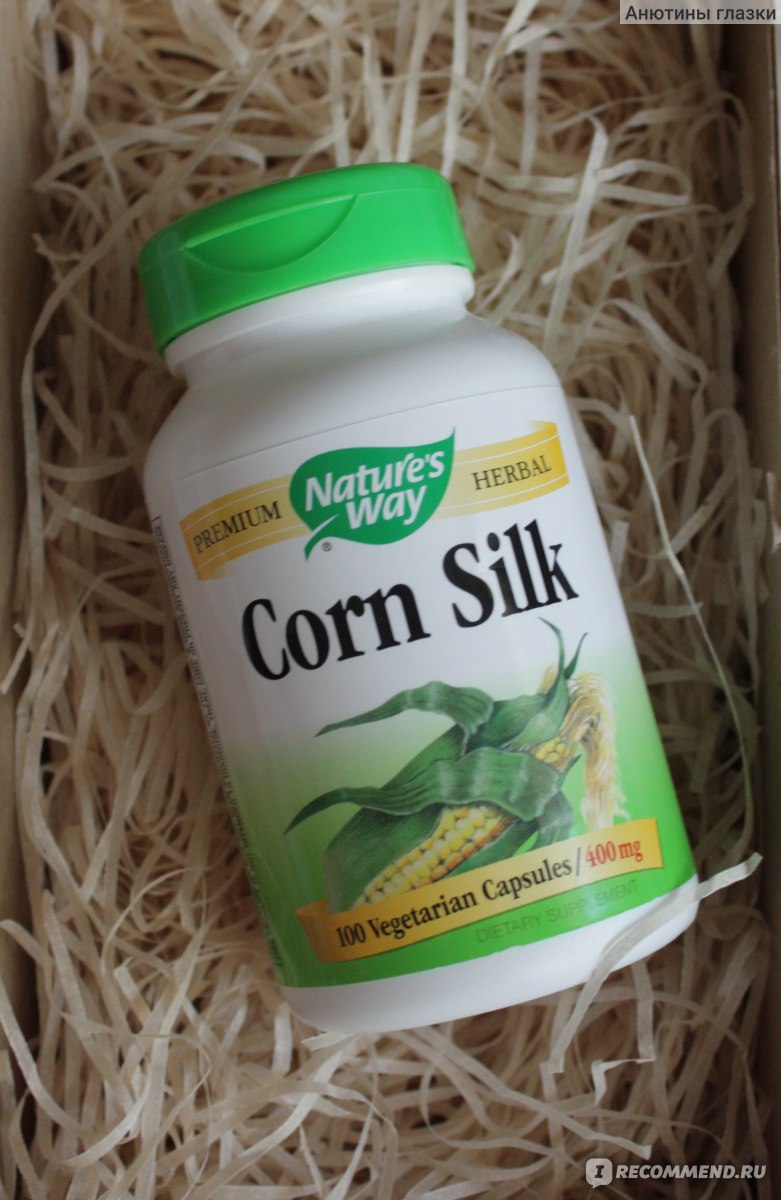Corn silk, also known as maize silk or stigmata maydis, refers to the fine, hair-like fibers that cover the ears of corn (Zea mays) before they ripen. While often discarded as waste, corn silk has a long history of use in traditional medicine, particularly in Native American and Chinese herbal traditions. Corn silk is rich in bioactive compounds such as polysaccharides, flavonoids, and phenolic acids, which contribute to its potential health benefits. Corn silk supplements, typically available in various forms including capsules, teas, and tinctures, have gained attention for their diuretic, antioxidant, and anti-inflammatory properties. This comprehensive guide explores the extensive advantages of corn silk supplements, encompassing traditional uses, scientific research, and practical considerations for those interested in integrating this herbal remedy into their health regimen.
Traditional Uses in Herbal Medicine
Corn silk has been utilized for centuries in traditional herbal medicine systems around the world for its diverse medicinal properties. Among Native American tribes, corn silk was traditionally used as a remedy for urinary tract infections, kidney stones, and bladder issues. Similarly, in Traditional Chinese Medicine (TCM), corn silk was employed as a diuretic to promote urination and alleviate edema, particularly in cases of damp-heat conditions. Additionally, corn silk was valued for its ability to soothe inflamed mucous membranes, making it a popular remedy for respiratory conditions such as bronchitis and asthma. Its traditional uses also extended to digestive health, with corn silk being used to alleviate indigestion, bloating, and gastrointestinal discomfort.
Diuretic and Kidney Support
One of the primary benefits of corn silk supplements lies in their diuretic properties, which promote the increased production of urine and the elimination of excess fluids and waste products from the body. Corn silk contains compounds such as potassium, magnesium, and saponins, which help stimulate kidney function and enhance urine flow. By promoting diuresis, corn silk supplements may help reduce fluid retention, lower blood pressure, and support kidney health. Additionally, corn silk’s diuretic effects may be beneficial for individuals with urinary tract infections, kidney stones, or other urinary issues, helping to flush out bacteria and toxins from the urinary system.
Antioxidant and Anti-inflammatory Effects
Corn silk supplements offer antioxidant and anti-inflammatory properties, which contribute to their overall health-promoting effects. Corn silk contains a variety of bioactive compounds such as flavonoids, phenolic acids, and carotenoids, which act as antioxidants, scavenging harmful free radicals and reducing oxidative stress in the body. Additionally, corn silk’s anti-inflammatory properties help alleviate inflammation and protect against chronic diseases such as heart disease, diabetes, and cancer. Regular consumption of corn silk supplements may help reduce inflammation, support cardiovascular health, and promote overall well-being.
Blood Sugar Regulation
Emerging research suggests that corn silk supplements may offer benefits for blood sugar regulation and diabetes management. Some studies have shown that corn silk extracts may help improve insulin sensitivity, enhance glucose uptake by cells, and reduce blood sugar levels in individuals with diabetes or insulin resistance. Additionally, corn silk’s antioxidant properties may help protect pancreatic beta cells from oxidative damage, preserving their function and insulin production. While further research is needed to fully understand corn silk’s effects on blood sugar regulation, preliminary studies suggest that it may offer promising benefits for individuals looking to manage their blood sugar levels naturally.
Practical Considerations and How to Take Corn Silk Supplements
Corn silk supplements are typically available in various forms, including capsules, teas, tinctures, and powdered extracts. The appropriate dosage may vary depending on individual health needs and the specific product. It’s essential to follow the recommended dosages provided by supplement manufacturers or consult with a qualified healthcare professional for personalized guidance.
While corn silk supplements are generally considered safe for most individuals when taken as directed, some people may experience side effects such as gastrointestinal upset or allergic reactions. Pregnant and breastfeeding women, individuals with certain medical conditions (such as kidney disease or diabetes), and those taking medications should exercise caution and consult with a healthcare provider before using corn silk supplements. Additionally, corn silk supplements may interact with certain medications, particularly diuretics and blood sugar-lowering medications, so it’s important to seek medical advice before starting supplementation.
Conclusion
Corn silk supplements offer a range of potential health benefits, from diuretic and kidney support to antioxidant effects and blood sugar regulation. With their long history of traditional use and growing interest in scientific research, corn silk stands as a valuable and versatile herbal remedy. By incorporating corn silk supplements into their health regimen, individuals can harness the therapeutic benefits of this humble plant to support various aspects of health and well-being. However, it’s important to use corn silk supplements responsibly and consult with a healthcare professional if needed to ensure safe and effective use.
- Sip, Savor, and Elevate: A Spirited Review of Melo’s THC Beverages - May 20, 2024
- Benefits of Caffeine Supplements - April 2, 2024
- Benefits of Couch Grass Supplements - April 2, 2024

